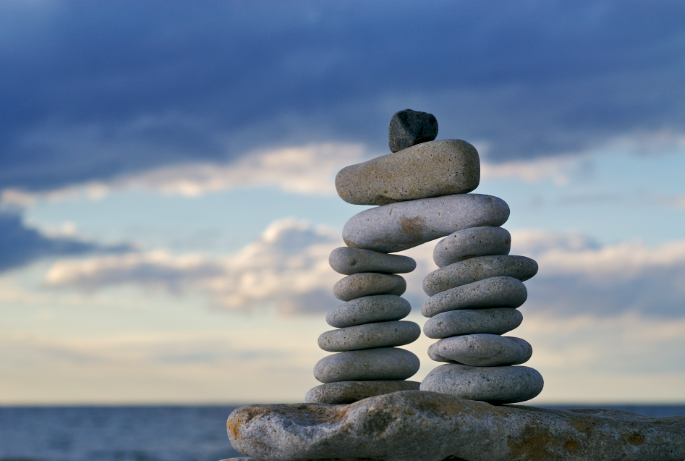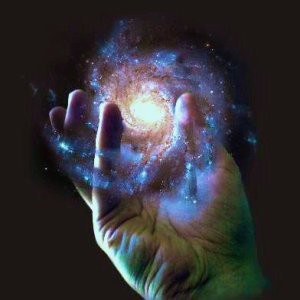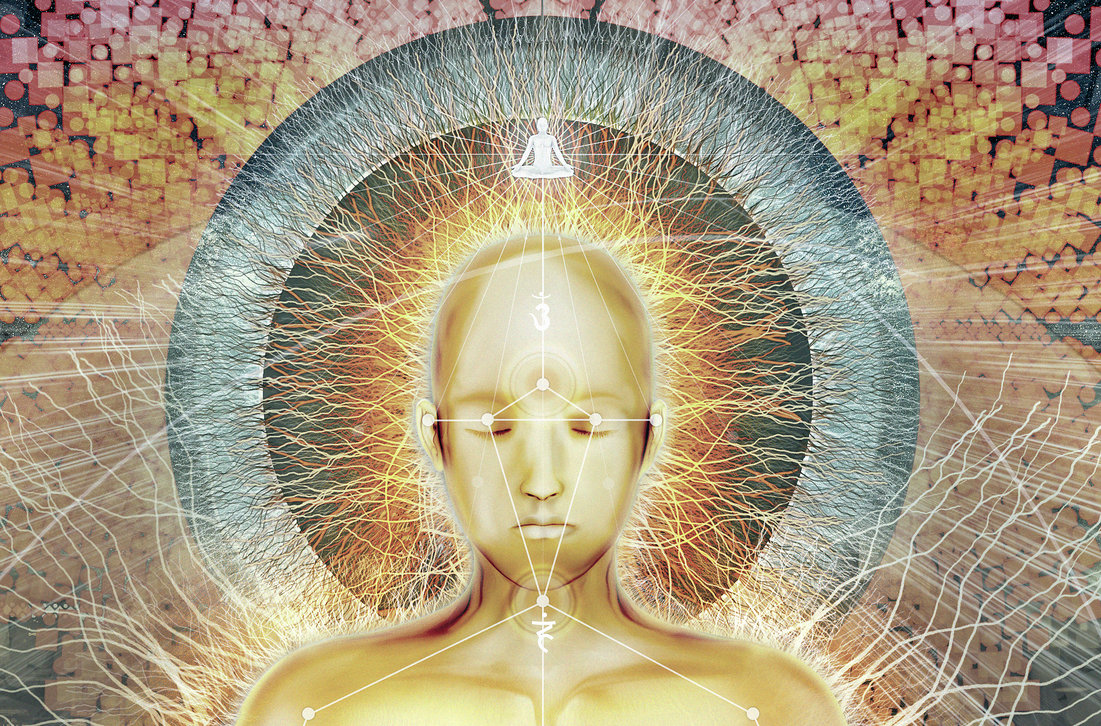I dislike the term ‘mystical experience.’ What happens in the brain during meditative states is neither mystical, nor an experience. It’s an event, a phenomenon that’s new each time.
The brain has the capacity of gathering, through passive observation, attention that is quicker than thought. Attention then acts on thought, without will, effort or concentration, quieting the mind. That’s all. This can happen with anyone, if you understand how to observe without interference and choice.
Effortlessly watching every mental and emotional reaction, without judging or controlling the sensations, memories and emotions that arise in the moment, is the only action that is needed. Attention gathers unseen, and acts, without the direction and effort of the self.
 In terms of mental activity, there are two levels of reaction. There are spontaneous reactions, such as when an argument one had yesterday is triggered and replays in the mind. And there are secondary reactions, such as when we evaluate and ruminate on what we said, and imagine a better retort.
In terms of mental activity, there are two levels of reaction. There are spontaneous reactions, such as when an argument one had yesterday is triggered and replays in the mind. And there are secondary reactions, such as when we evaluate and ruminate on what we said, and imagine a better retort.
We experience both types of reactions as arising from the ‘me,’ an illusorily independent entity that forms the false core of our existence. Ego and survival have been linked at a limbic level in the brain, which is why the self is given so much importance. However this homunculus in our heads has no more reality than the fully formed human being that was once thought to exist inside an egg or spermatozoa.
If we simply watch the stream of thought and emotion without interference, in the same way one intently watches a creek flowing by, awareness grows quicker than thought. The brain as a whole sees through the illusion and habit that the mind has of continually dividing itself off from itself, and the seemingly separate observer dissolves.
I’ve found that after allowing the senses to become attuned to one’s environment, asking whether the observer, with its judgments and choice, is operating helps draw attention to the mechanism.
Observing without the infinite regress of the separative observer, the mind naturally quiets down. Thought slows, and spaces grow between thoughts. Then there is just what is—the stream of content-consciousness. With effortless attention, thought suddenly and spontaneously stops. Sensory impressions, no longer mediated by words, images, and memories, are heightened, and there is a deepening state of insight. The brain is renewed, and remains young.
In the complete, unforced stillness of attention, the brain is aware of energies that cannot be named, and for which it would be contradictory and self-defeating to try to name.
These states have been called, devotionally or derisively, ‘mystical experiences’ in the West, and ‘jhana states’ in the East.  Those are merely words however, which can point to something actual, or refer back to nothing but an idea. The word is never the thing.
Those are merely words however, which can point to something actual, or refer back to nothing but an idea. The word is never the thing.
Meditative states aren’t personal, an individual ‘kind of consciousness,’ but are open to anyone who understands the principles of psychological division and undivided observation.
If one experiments with self-observation, taking at once a serious and playful attitude, the “doors of perception” open. Don’t make a goal of it, but simply take the time, in nature whenever possible (even just one’s backyard or patio), to sit quietly and watch everything inclusively, outside and inside.
Today is the warmest and most beautiful day of the young year in the valley. Hawks screech from all directions in the parkland, and birds play raucously and joyfully. Friendliness and joy are reflected in the faces of the many of the people using the park for every conceivable activity—walking, running, horseback riding, biking and rollerblading.
The creek is very full, and simple, undivided observation quiets the mind and cleanses the heart. One sees the roiling green water anew. Everything is vivid—the stream and sky, the birdsongs and children’s voices. When thought yields to attention, one enters a dimension beyond sorrow and suffering.
Martin LeFevre

